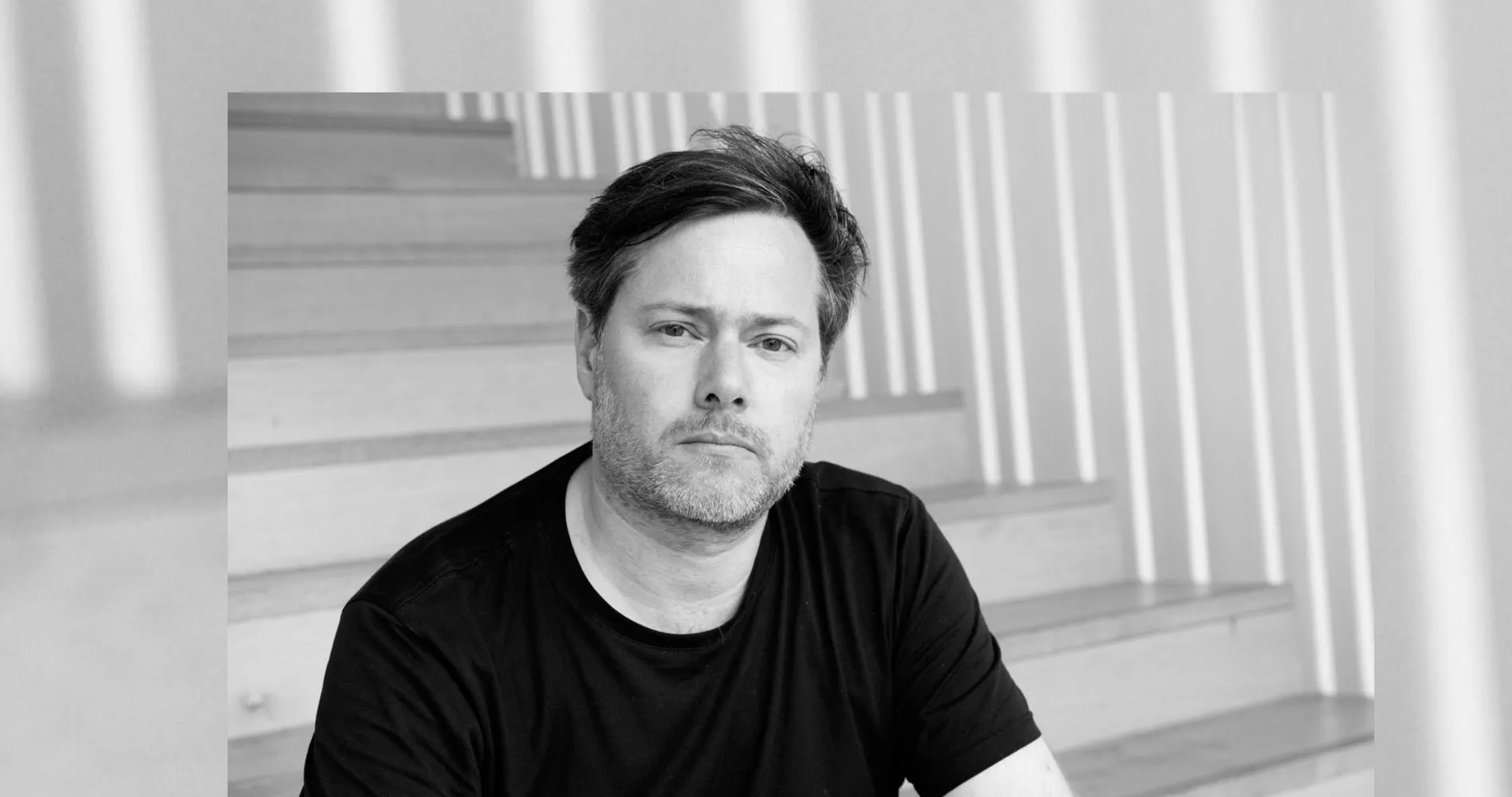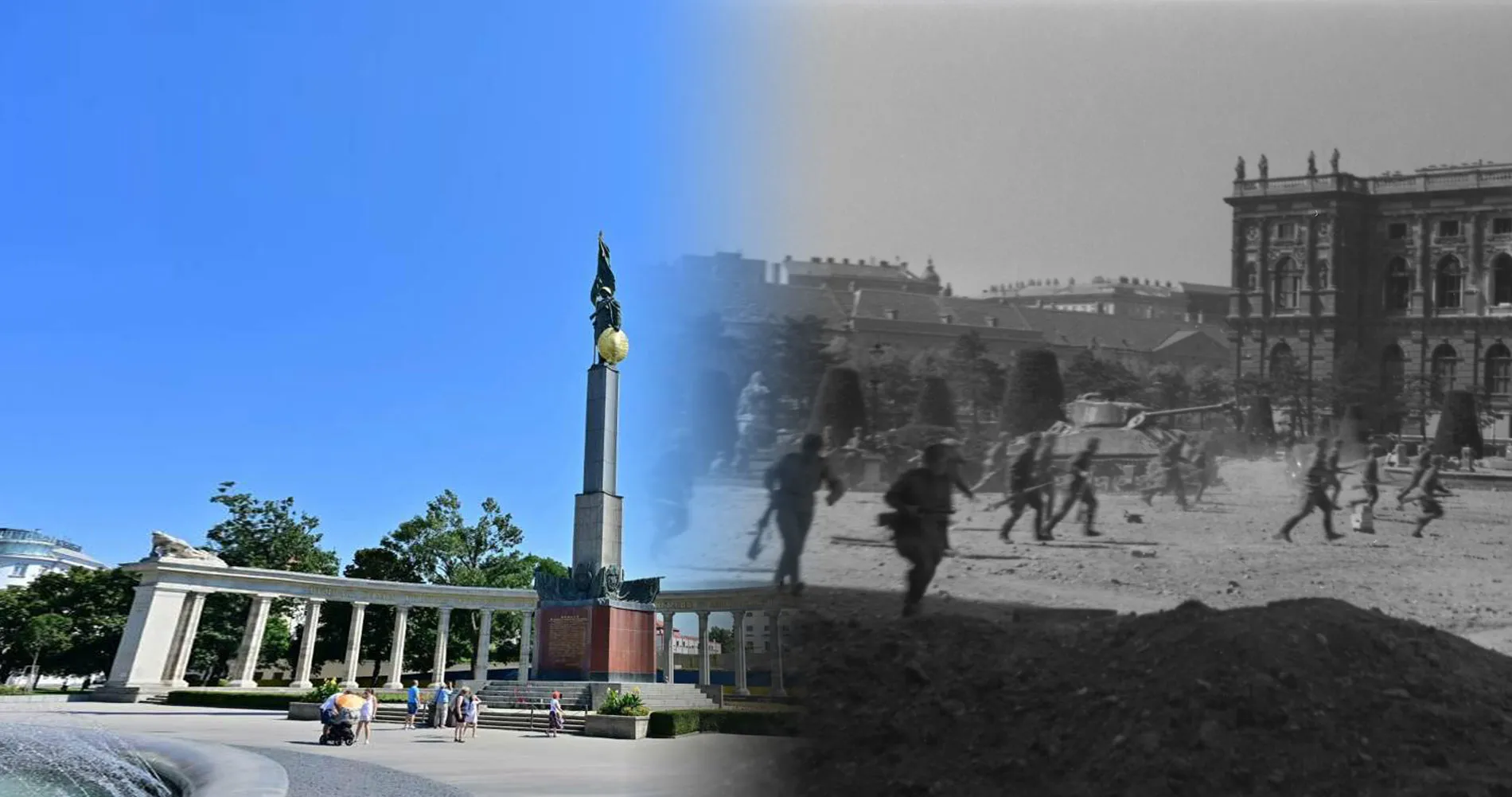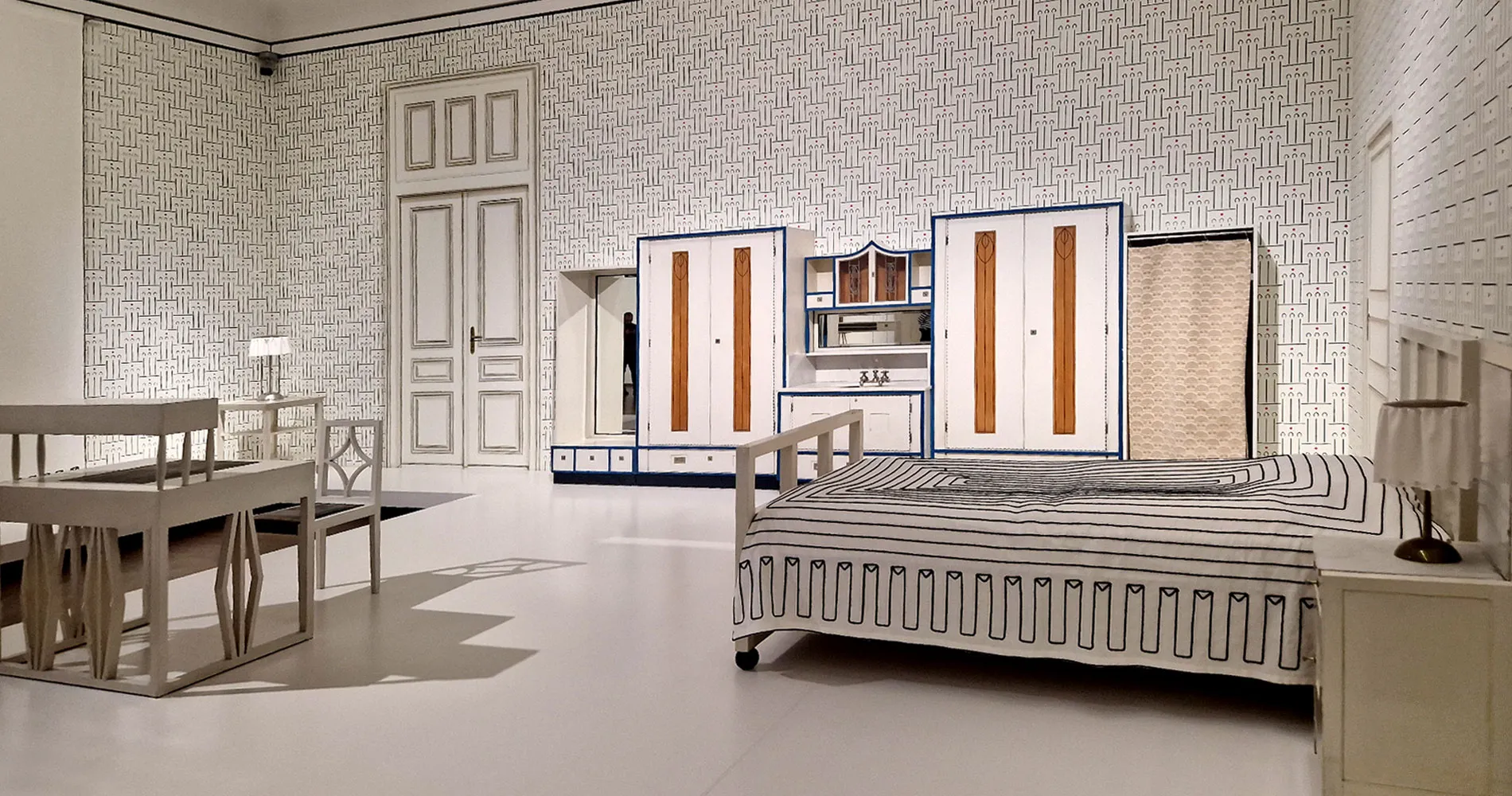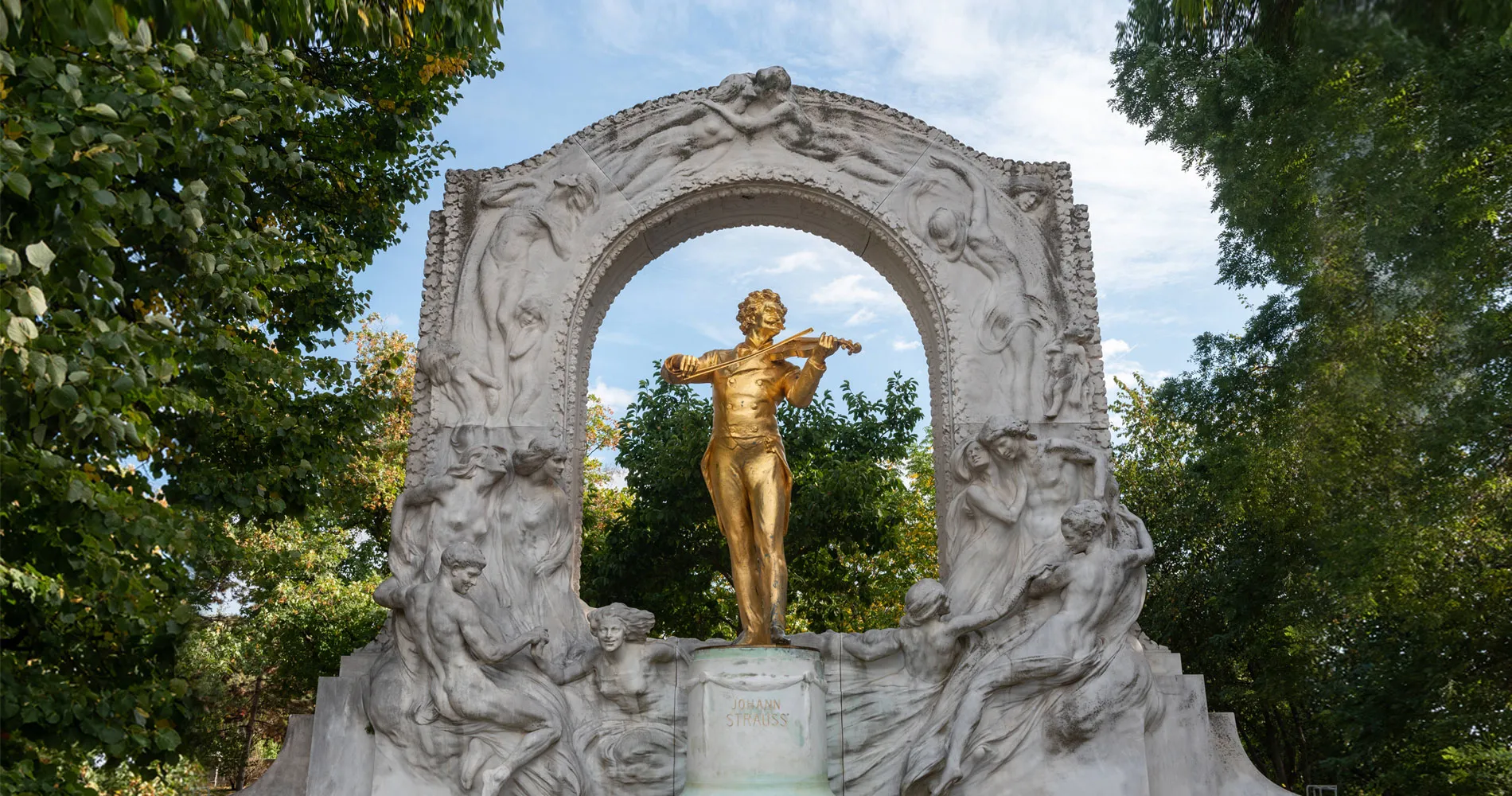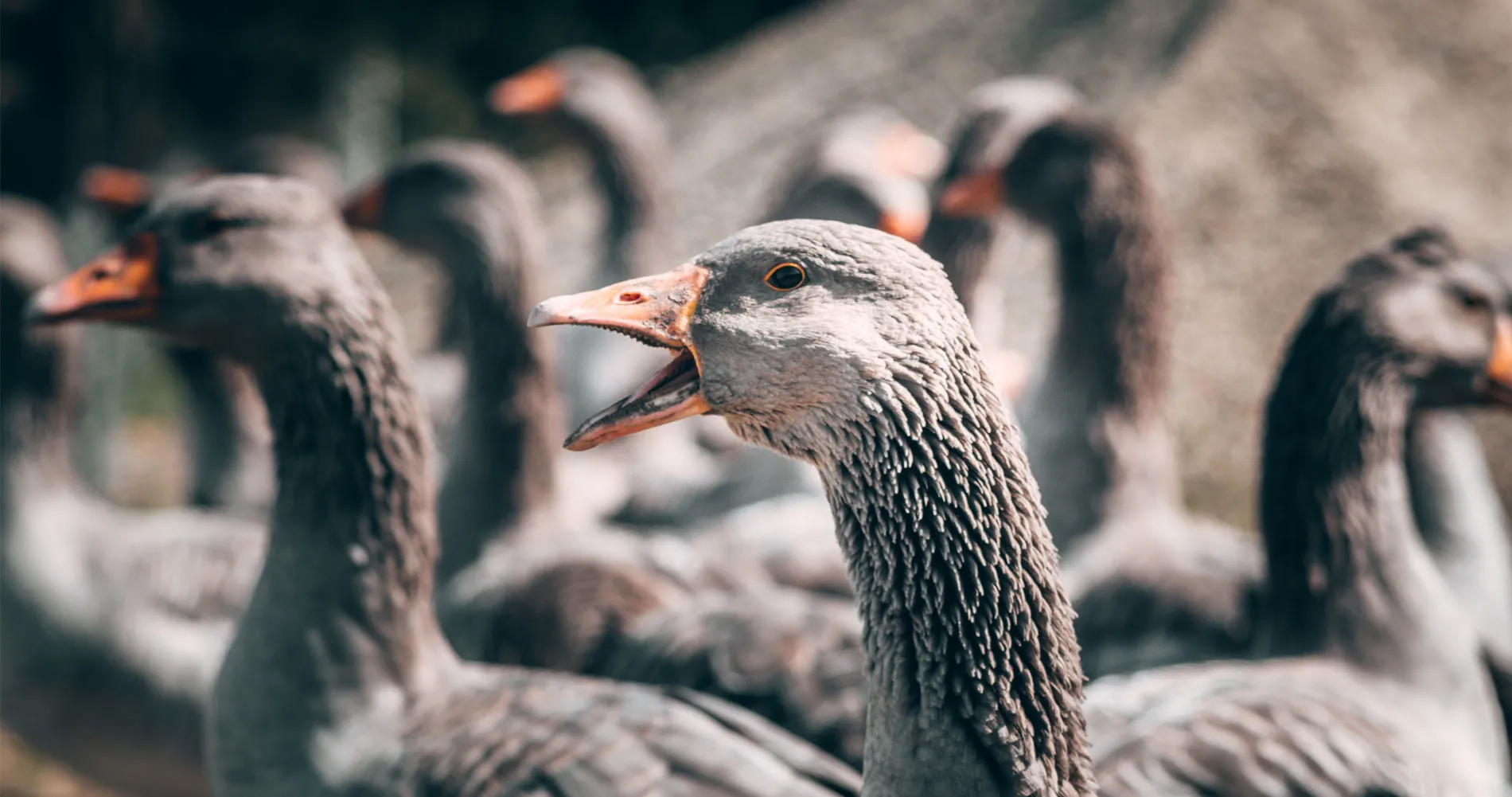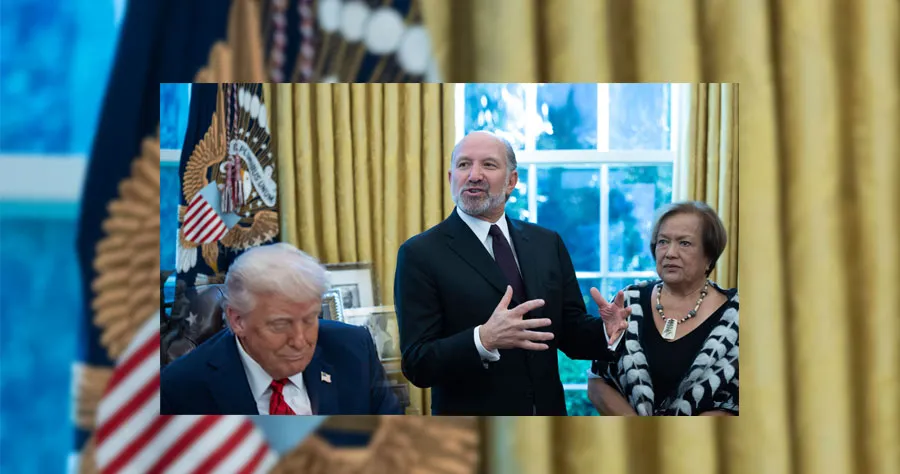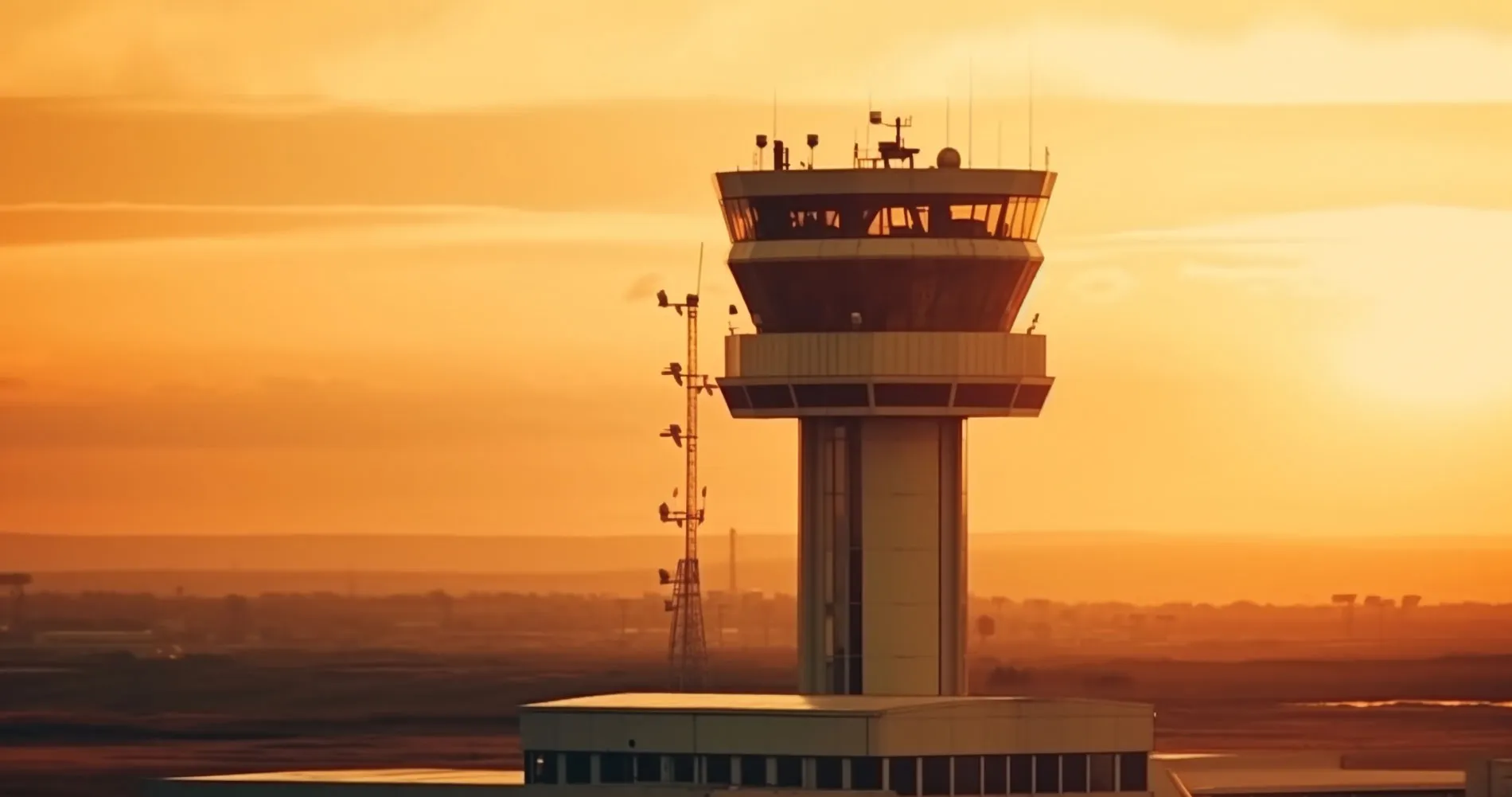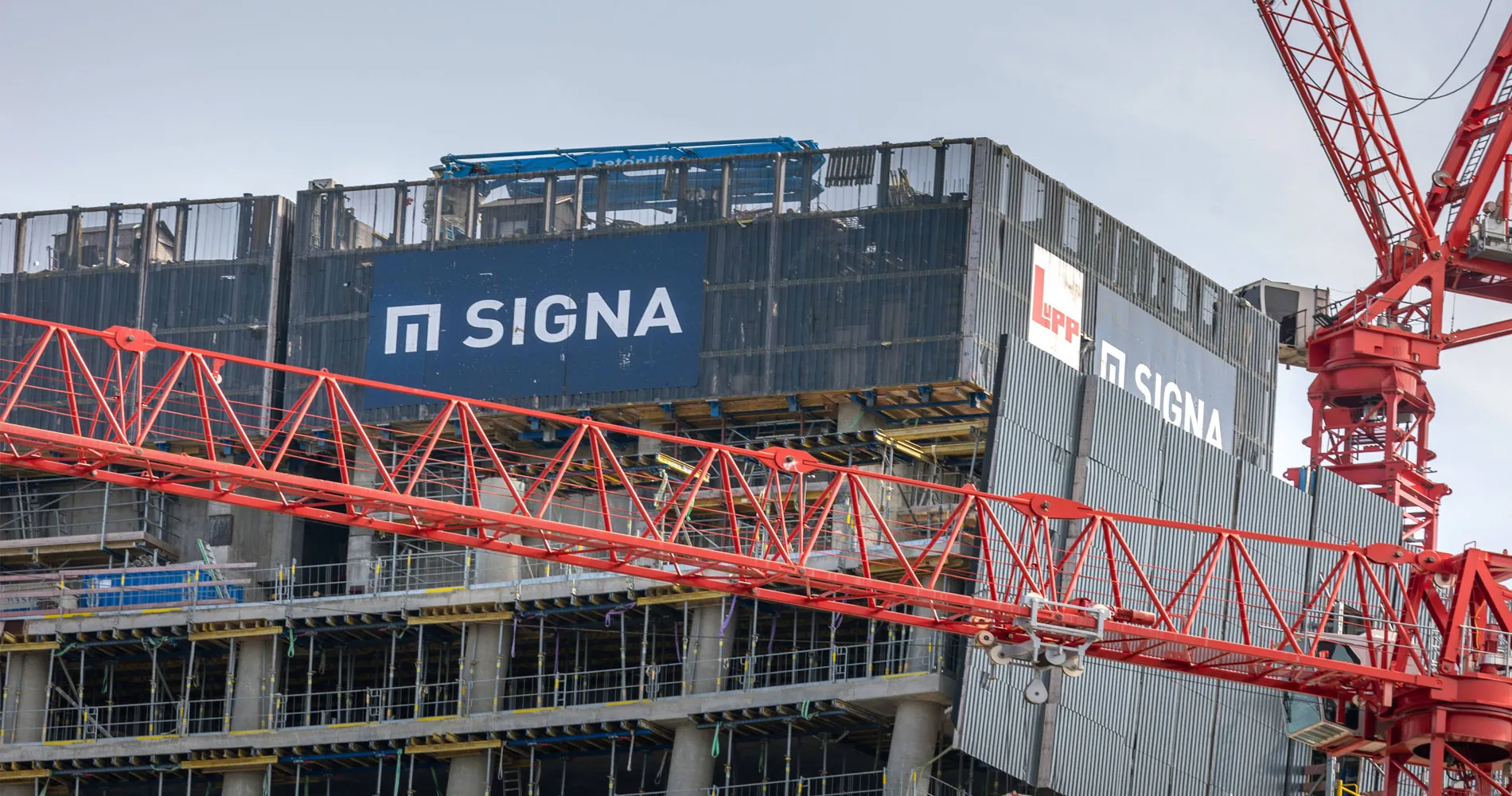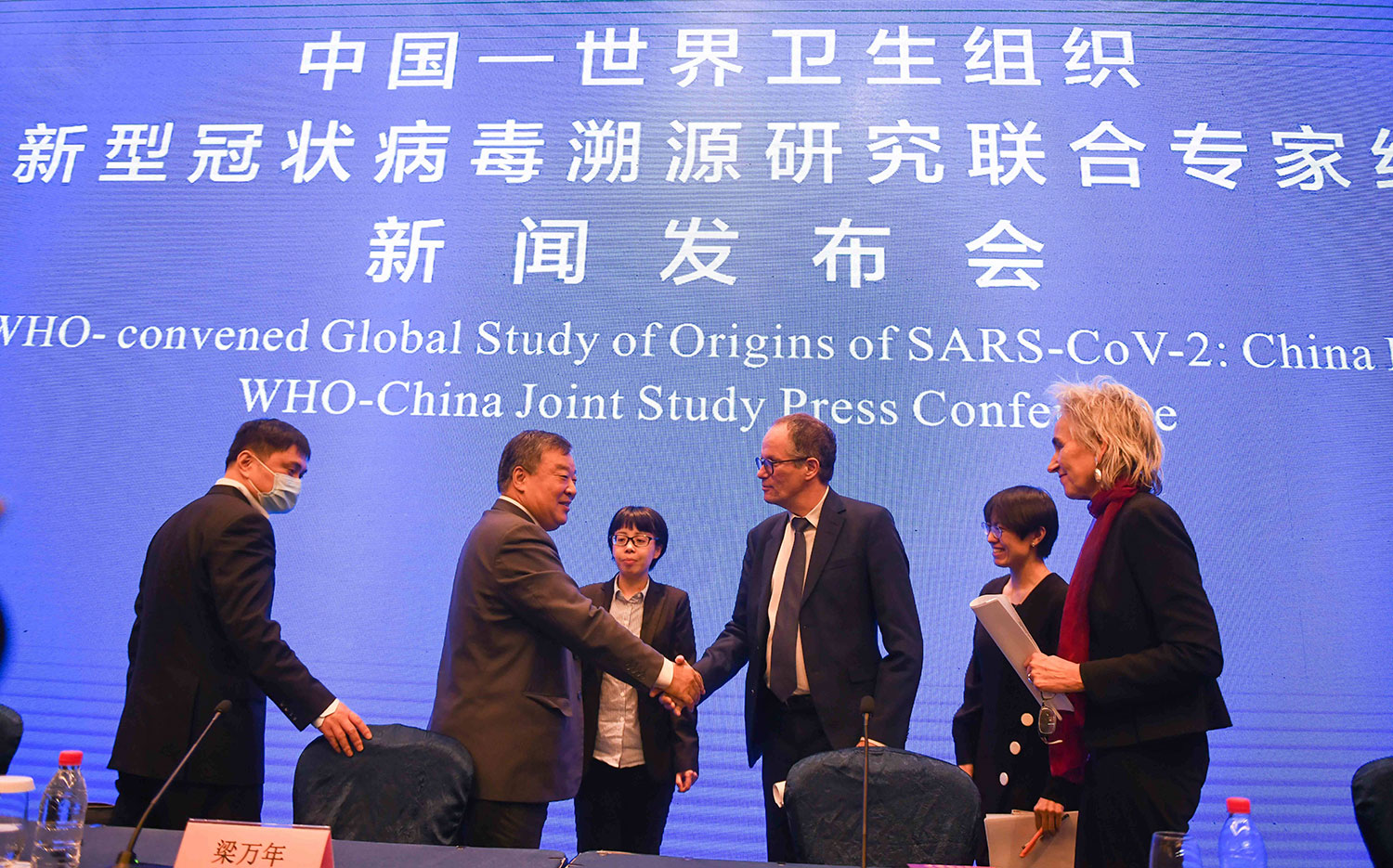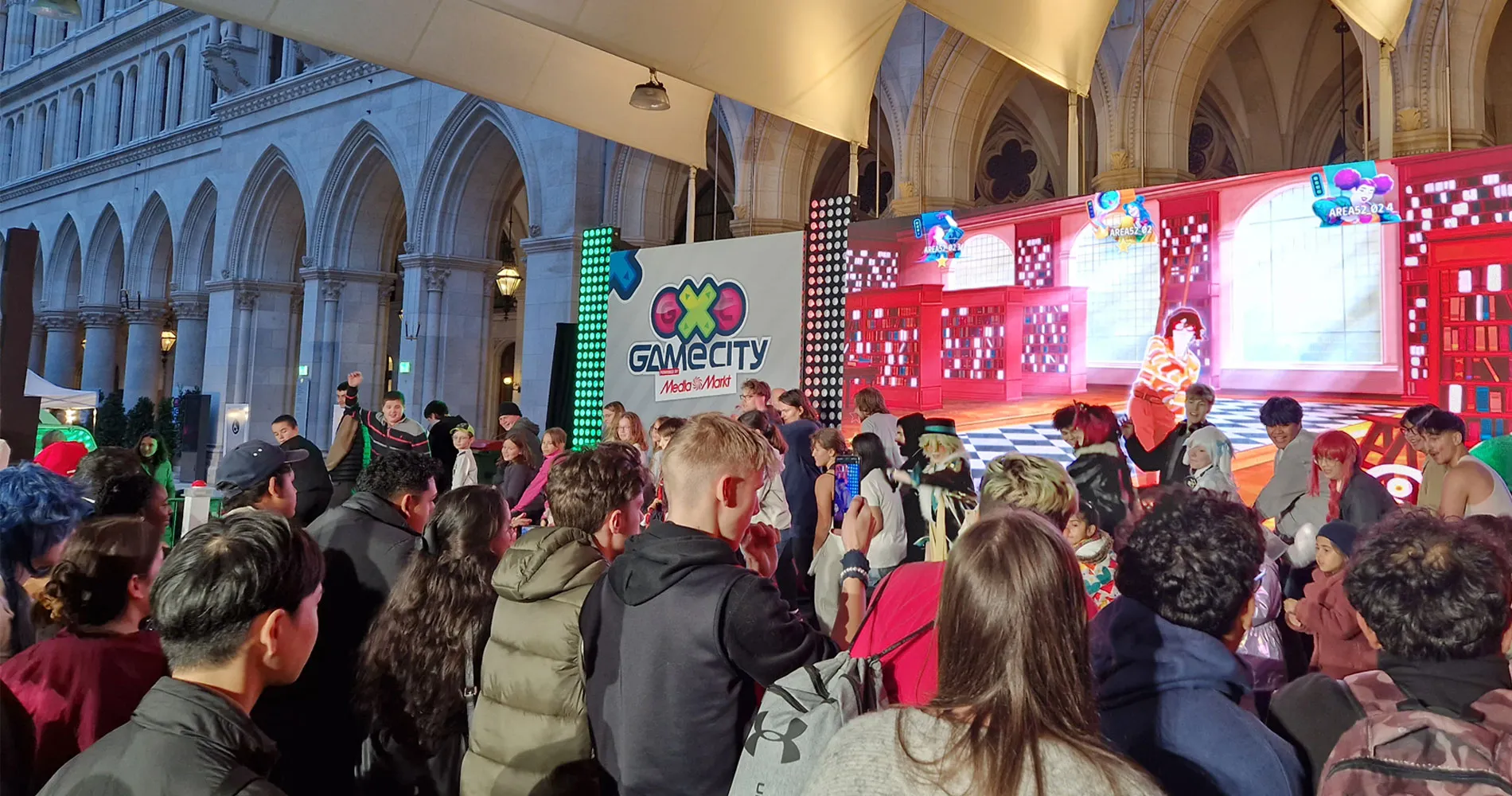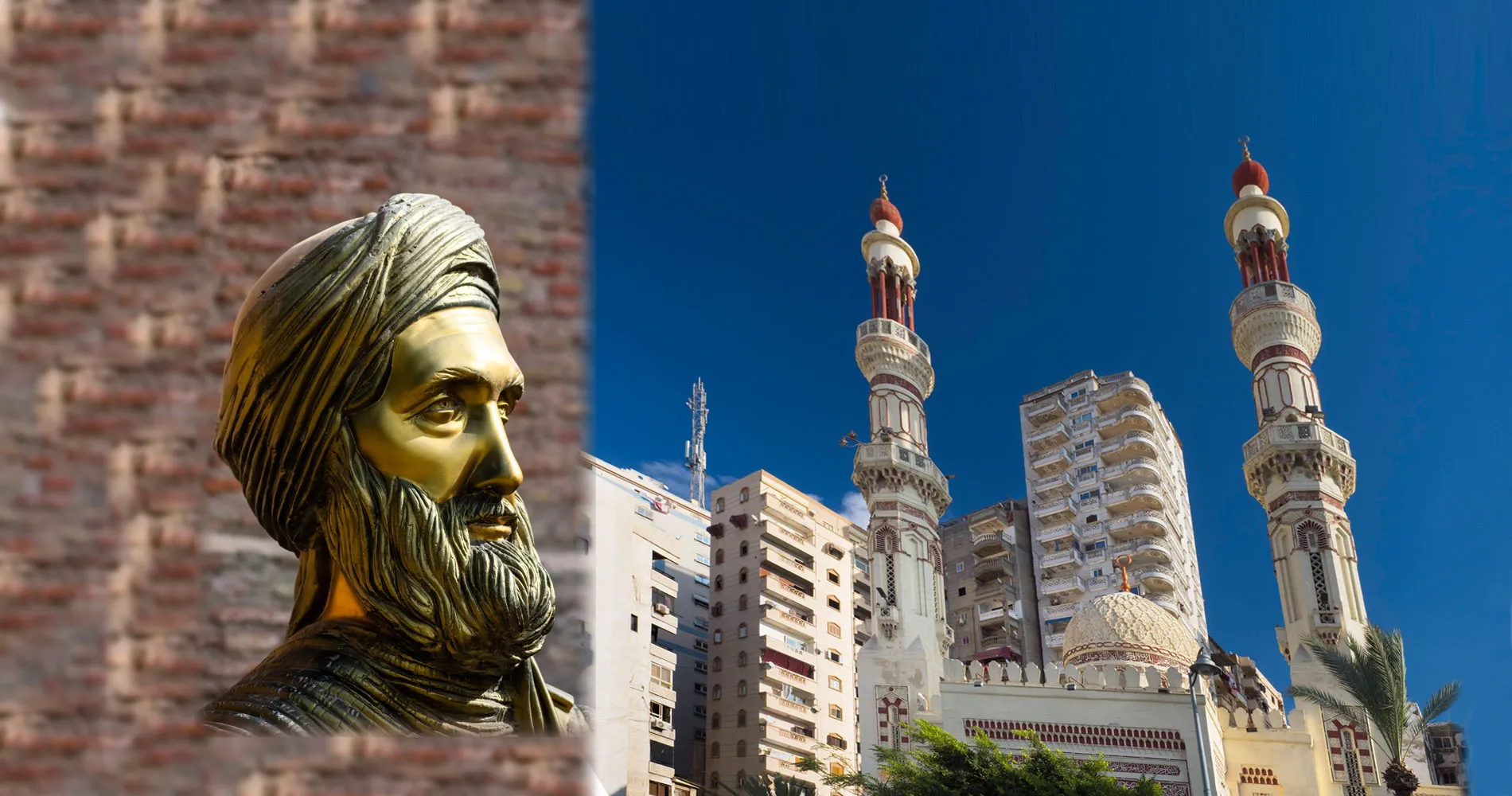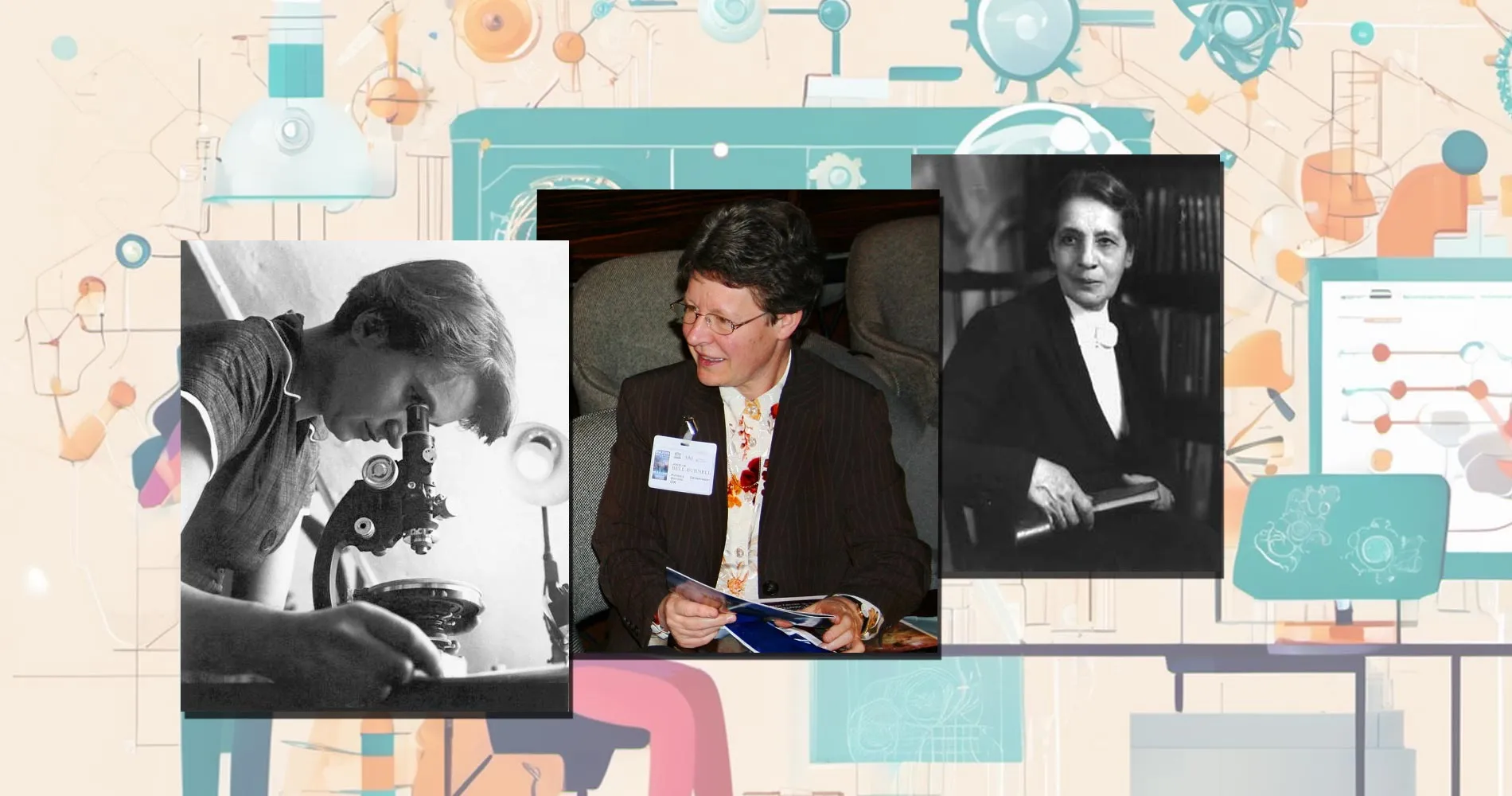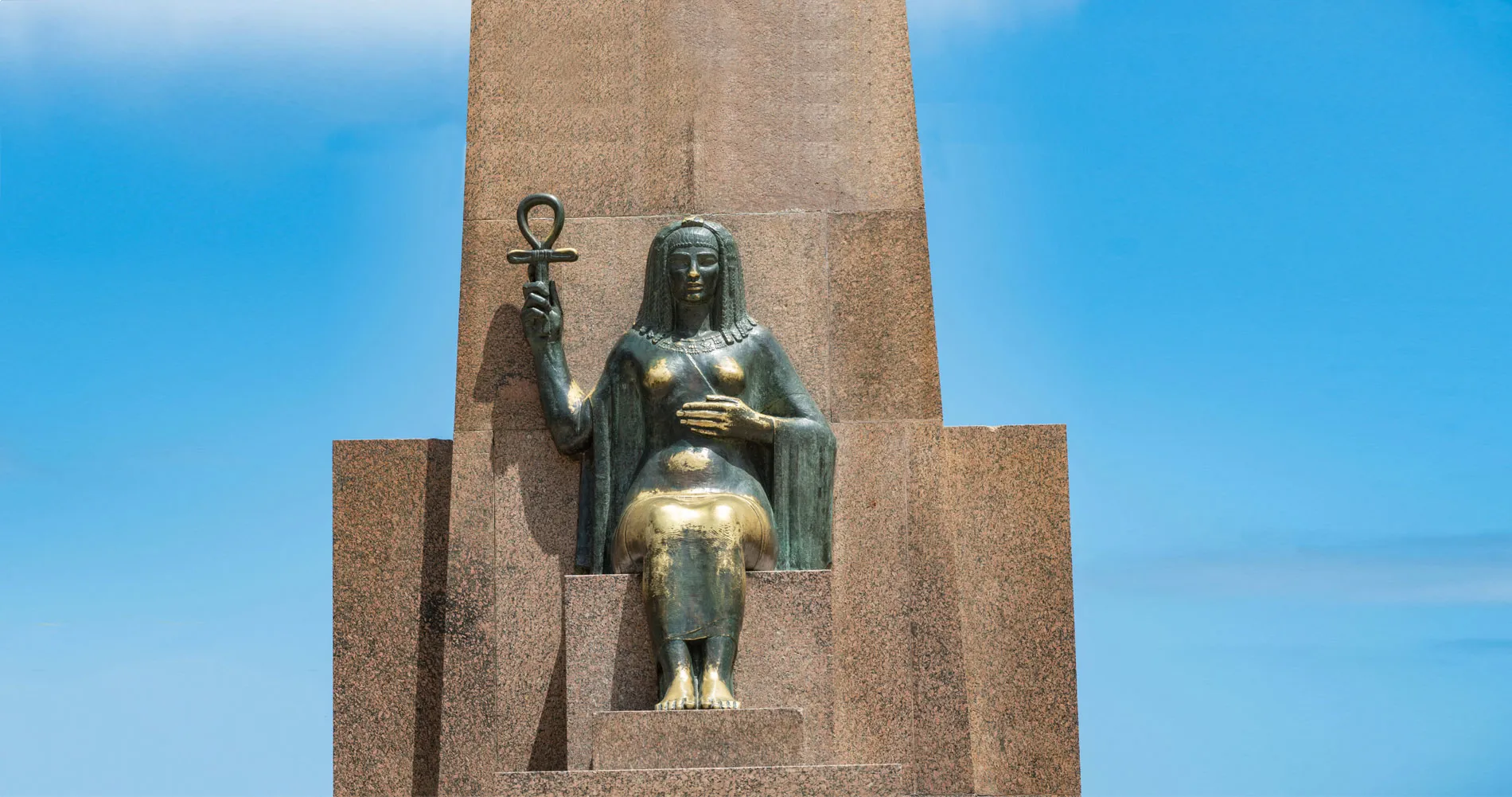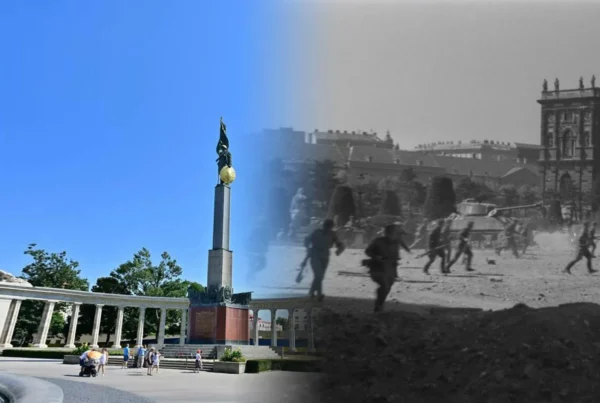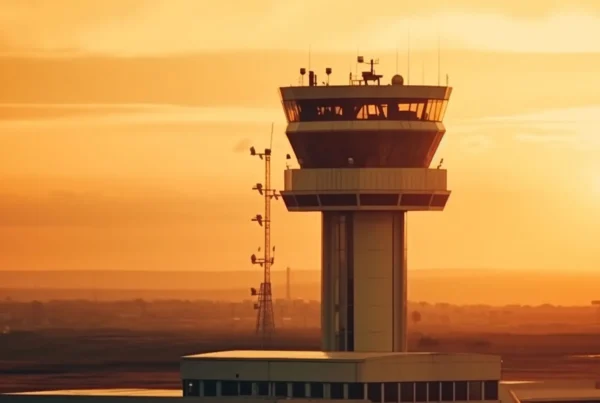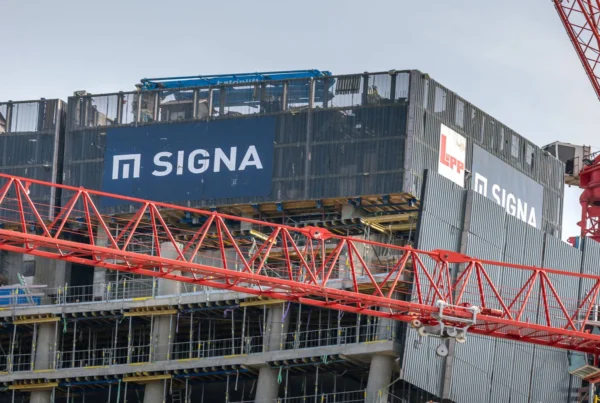In this iGlobenews interview, theater director Milo Rau shares his vision for reshaping the Vienna Festival “Wiener Festwochen” into the “Free Republic of Vienna” — an open and participatory festival format. From equity in the arts, to heated debates on culture and the celebration of freedom and creativity, Mr. Rau reveals how the festival resonates with today’s public in Vienna.
Anna-Sanziana Beschia
15 September 2025
iGlobenews Interview with Milo Rau: Director of the Wiener Festwochen
“We should not forget the past but make it resound in the present” – Milo Rau
As the annual edition of the Vienna Festival Wiener Festwochen / Free Republic of Vienna drew to an end on 21 June, iGlobenews had the opportunity to interview its artistic director, Milo Rau. The Wiener Festwochen is, together with the Festival d’Avignon in France, one of the biggest crossover festivals in Europe. For 38 days, from mid-May to end of June, Viennese festival goers get to enjoy a vast array of theater performances blending a variety of genres (theater, music, dance), events, talks, concerts, parties and more. Mr. Rau, a prolific director and author who has published over 100 plays, films, books and campaigns, and whose theater productions have been featured at all major international festivals, took over the artistic direction of the Wiener Festwochen a year ago. iGlobenews asked him to delve a little deeper into his artistic vision and explain the changes the festival has gone through under his leadership.
iGlobenews: The Wiener Festwochen festival has been in existence since the 1950s. Since you took over as artistic director, in 2024, you changed the format into the Wiener Festwochen / Free Republic of Vienna, and talk about a new form of festival, “a festival of the future”. It’s quite novel to have a festival built like a republic, with a constitution (the Declaration of Vienna), a council, congresses. How did this concept come about, and why the switch from the more standard festival format known previously?
Milo Rau: The word “republic” comes from Latin and literally means “res publica” or “concern of the people”, what we would call today public affairs. It is etymologically inclusive and asks a very crucial question: “what does the city want?”. In this sense, my goal was to create an interactive frame and invite people from all walks of life to collaborate in the creation and structure of the festival (i.e. the Council of the Free Republic). As a result, we observed a rapid evolution from a more bourgeois public to a more diverse public that also includes younger people and people who do not typically attend theater and art festivals. Our aim is also to rebalance equity, for example gender equity in music, including classical music, where it’s still noticeably lacking. This is best exemplified by the festival’s initiative Academy Second Modernism which promotes female composers from all over the world.
I see the “festival of the future” as more self-aware and self-critical at its core than in the past. In the first edition of 2024, we introduced the foundations of the Free Republic of Vienna by adopting the Council (a board of eighty Viennese citizens including students, employees, freelancers, people seeking jobs and retirees, people from Vienna and people currently seeking asylum among many others), setting up camp at the House and Club of the Republic (located in the Funkhaus in the 4th district), and establishing the debate format, the Congresses of Vienna. The second edition, which ended on June 21st, was centered on the theme “Republic of Love”.
I must say that ever since I started as artistic director of the Wiener Festwochen, I have been pleasantly surprised at how fast people embraced change. I used what I had learned from my previous experience as artistic director at the theater NTGent, in Belgium, so I felt quite positive about implementing these changes to the Wiener Festwochen.
iGlobenews: Could you tell our readers more about the Congresses of Vienna?
M.R: The Congresses of Vienna are long, in-depth discussions that tackle very thorny topics in the arts’ global scene. This year we dealt with culture wars and cancel culture, as well as with art and abuse. For instance, we analyzed the case of the German band Rammstein and the controversy surrounding it. We strive to delve deep into the topic to understand structural problems and what went wrong. The Congresses span over several days and assemble a jury of experts, specialists and delegates from our Council who question professionals and sometimes witnesses and legal experts. Sometimes the congresses are set up more like a tribunal, with a jury, sometimes more like a trial, with lawyers and legal experts. There is a clear need for the city to discuss, listen to and understand these concerns. The Congresses of Vienna aim to fulfill this need.
iGlobenews: How would you attract new people, for instance people who are not particularly well-accustomed to contemporary performing arts? What would you say to those who view Vienna primarily as a city for diplomacy and associate it more with its classical heritage overlooking, perhaps, its thriving contemporary scene? How would you get them to look your way?
M.R: Aside from the increased media coverage to reach as wide a public as possible, the House of the Republic also serves this purpose. The House and Club of the Republic are located in the Funkhaus, the old radio building in the 4th district, which we envisioned as an open space that welcomes and includes everyone, not just performance-goers, and does so at all times. Our hope is, of course, that once people come to the House and get a taste for it, they will also be motivated to go to the performances, the events, etc. People like to feel that they are welcome, and the House of the Republic is their place and achieves this goal, whether they end up going to the performances or not. Our strategy has paid off because we had an occupancy rate of 93 percent this year.
With regards to Vienna’s more traditional side, you know, I’m kind of a traditionalist myself. Vienna’s rich and complex geopolitical background must be included in what we do. We must include classical tradition and the classical scene; we are not talking about two different worlds here, there’s a common thread that links the classical scene to the contemporary scene. I believe we must not forget the past but make it resound in the present.
iGlobenews: How do you select works for the festival? Do they all have to have a socio-political message?
M.R: I see the works as being in the interest of the city. Therefore, we aim to present a mix that appeals to everybody, young, old, students, intellectuals, pop culture, you name it. It doesn’t necessarily have to be overtly political, some pieces are deeply poetic and metaphorical, but in a way, you always look at something with a political eye. There’s a famous saying “resistance has no form, resistance is the form”, I believe it embodies quite well what we strive to convey with the works presented at the Wiener Festwochen / Free Republic of Vienna. Above all, we want to connect with our audience with love and genuine respect.
Sometimes, you have to respond in a more direct way. That was the intent behind launching the Resistance Now campaign; to protect freedom of expression among artists and public institutions around the world, and to promote a new legal framework at the European level (collaborating with the EU): the European Culture Freedom Act.
iGlobenews: Finally, the theme of this year’s festival was “Republic of Love”, could you tell us next year’s theme?
M.R: Unfortunately, I cannot yet, it’s too soon! In a couple of months, I’ll be able to tell you!
iGlobenews: I guess our readers will have to wait a little longer then! Thank you, Milo Rau, for the interview!
M.R: Thank you!
For more information, please visit the Wiener Festwochen / Free Republic of Vienna site:
Home – Wiener Festwochen
Milo Rau – Wiener Festwochen


